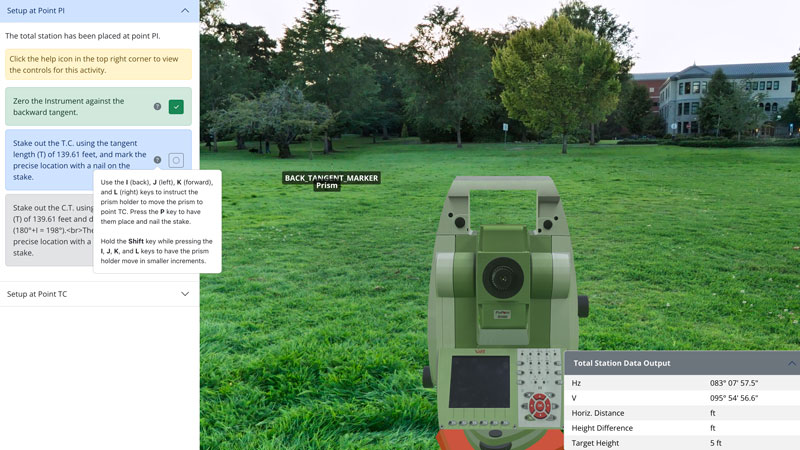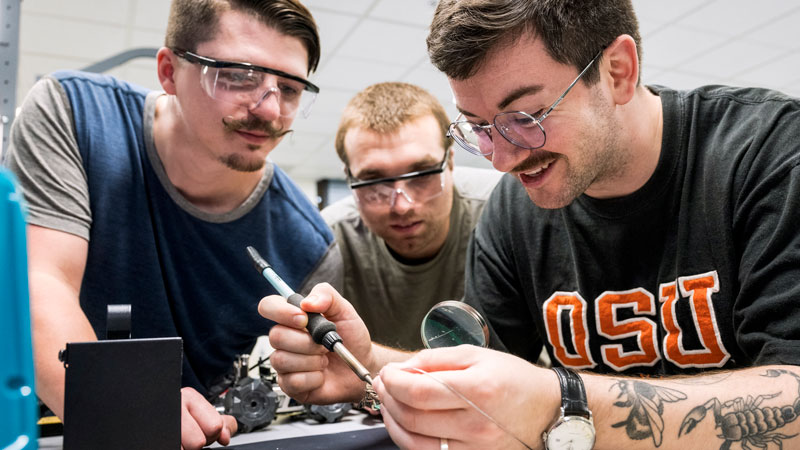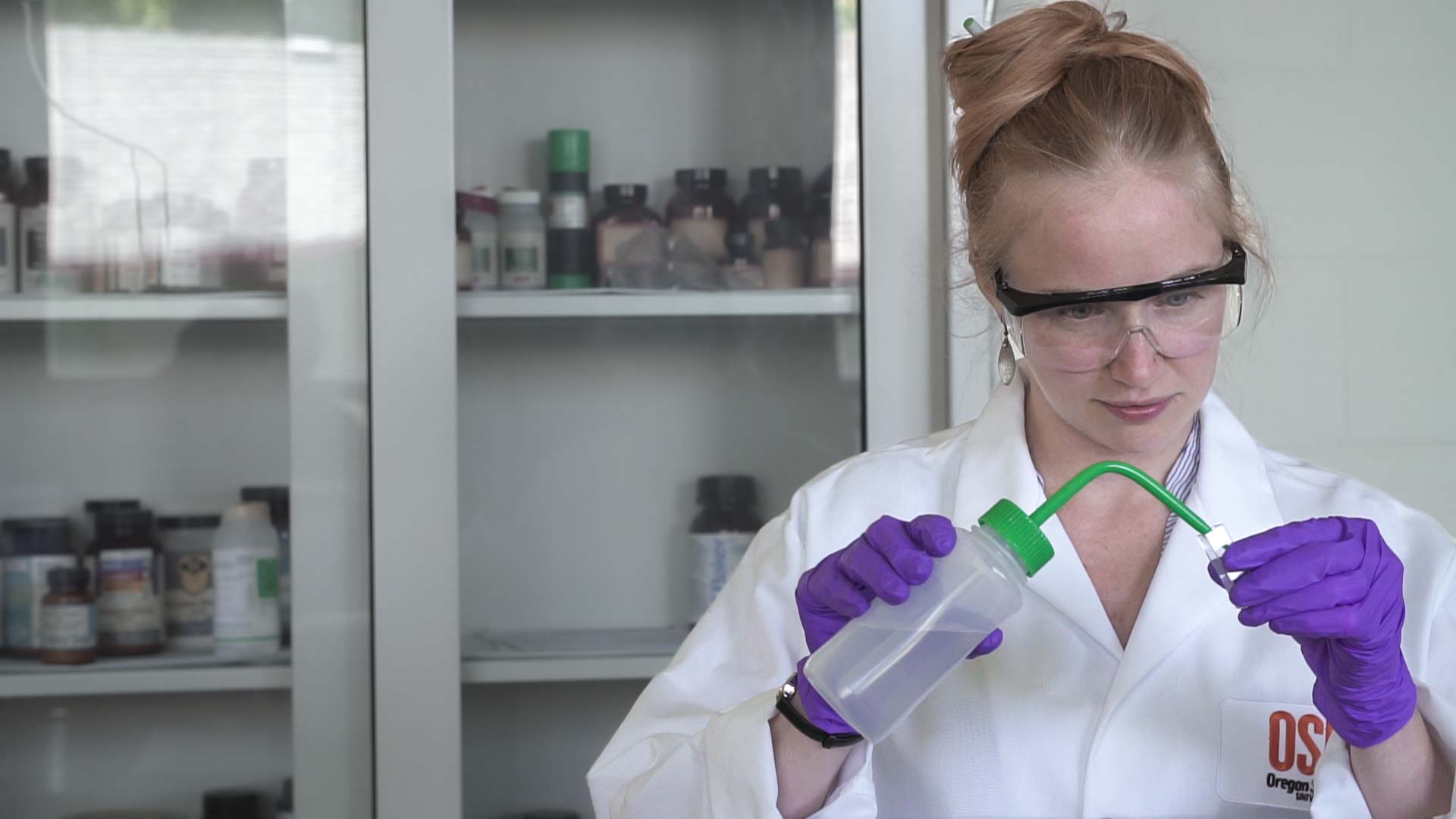
Leadership & Innovation
Connect with an enrollment services specialist or student ambassador today.
Topics


New open-access book offers strategies for supporting online student success in higher education
2 minutes Faculty development, Online teaching, open educational resources, Oregon State Open Educational Resources Unit
Journal publications illustrate Oregon State’s leadership in online education research
3 minutes Oregon State Ecampus Research Unit
Veterans gain hands-on experience through OSU, Analog Devices semiconductor training program
4 minutes College of Engineering, Division of Educational Ventures, semiconductor
Advancing meaningful learning in the age of AI
3 minutes AI, Division of Educational Ventures, Faculty development
What is a microcredential? Here’s what you should know
5 minutes Alternative Credentials, Ecampus at a glance, microcredentials
Collaboration with Oregon State gives Lawrence Livermore National Laboratory employees scholarships to learn online, gain skills
2 minutes Workforce Education
‘Techlandia’ podcast: Bridging academia and industry — The semiconductor revolution at Oregon State
< 1 minute semiconductor
Free, open textbooks lead to 5 Oregon State faculty members winning OER Champion Awards
3 minutes College of Agricultural Sciences, College of Earth Ocean and Atmospheric Sciences, College of Liberal Arts, College of Science, OER, OER at Work, open educational resourcesLoad more
Other collections
Online learning experience
Read articles that will help you gain a better understanding of what it's like to learn online with Oregon State University.
Explore the online learning experience »
Success stories
Read profiles and first-person narratives about Oregon State students and alumni as well as the world-class OSU faculty who teach online.
Read success stories »
News
Learn how Oregon State Ecampus and other units in the Division of Educational Ventures are making headlines.
Get the latest news »
Get updates about the latest programs, financial resources, inspiring stories and more. Sign up

